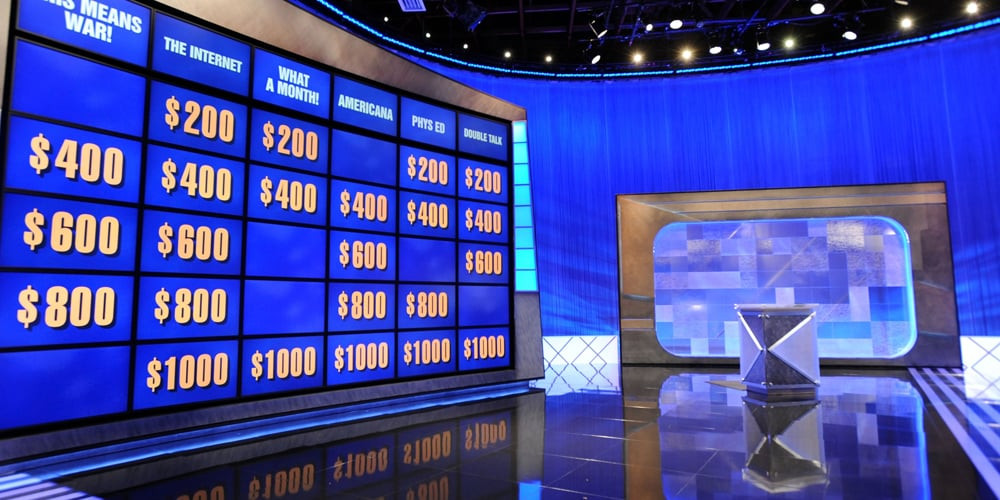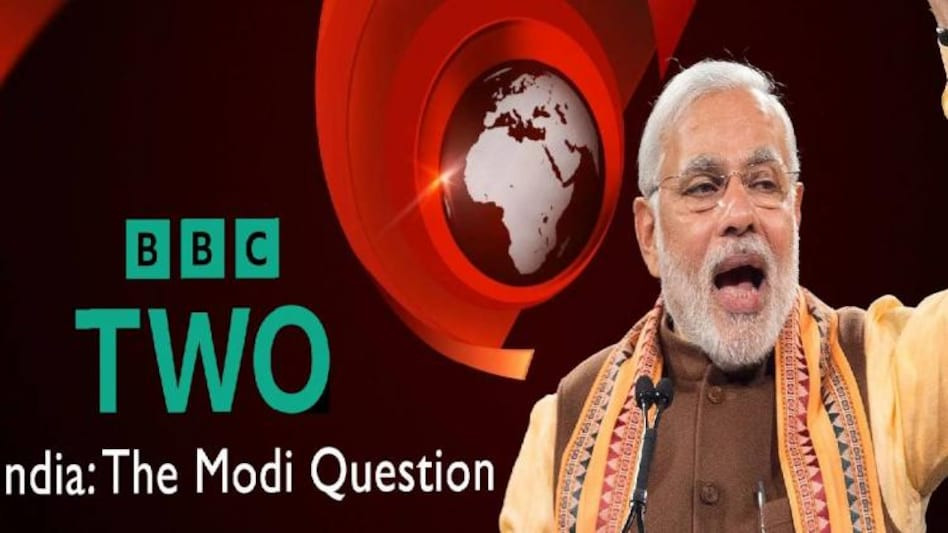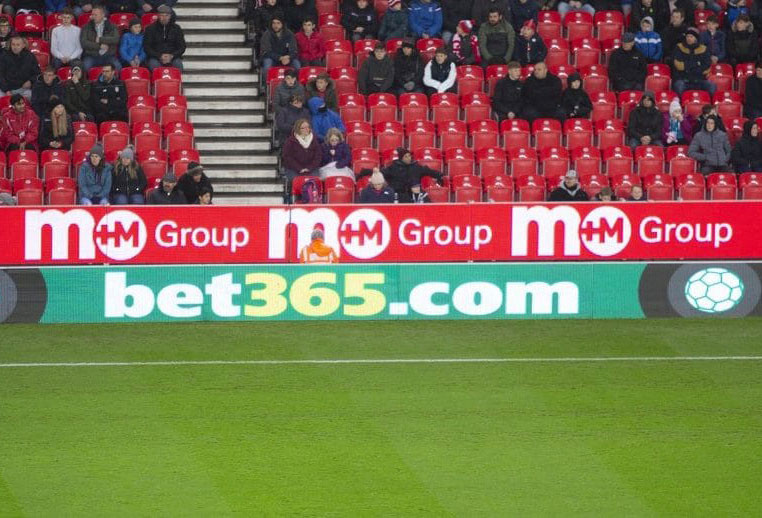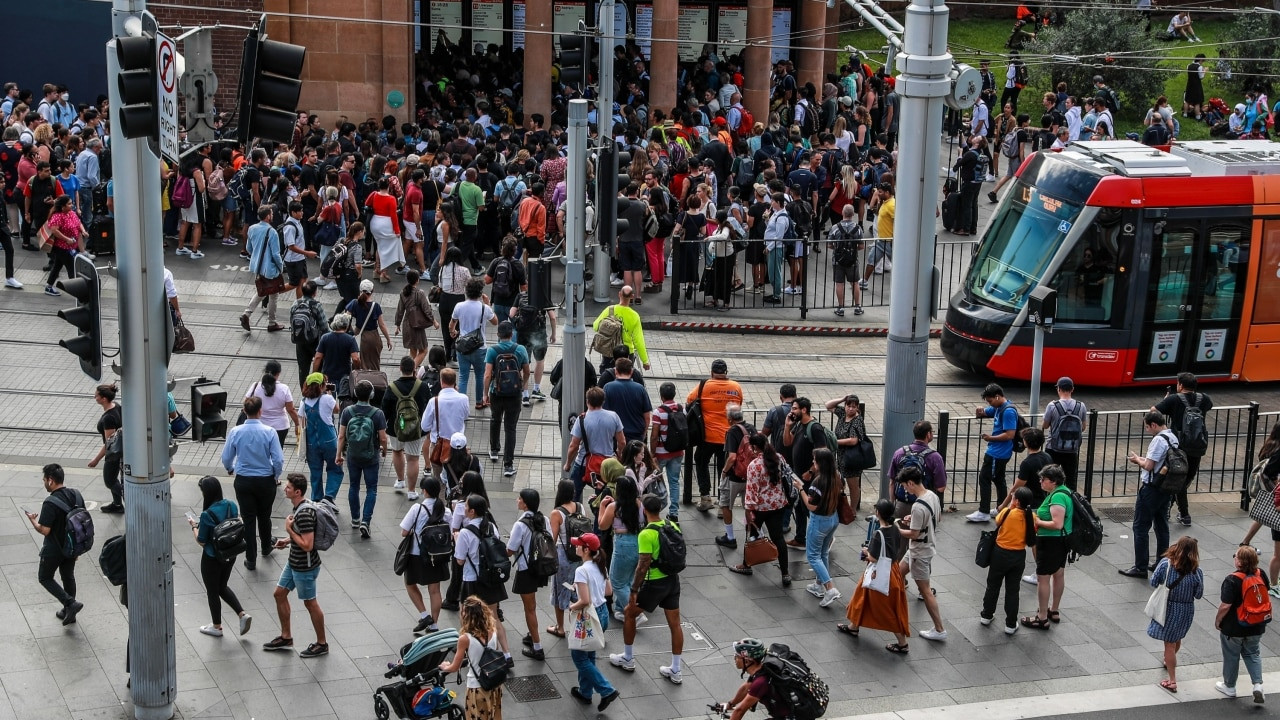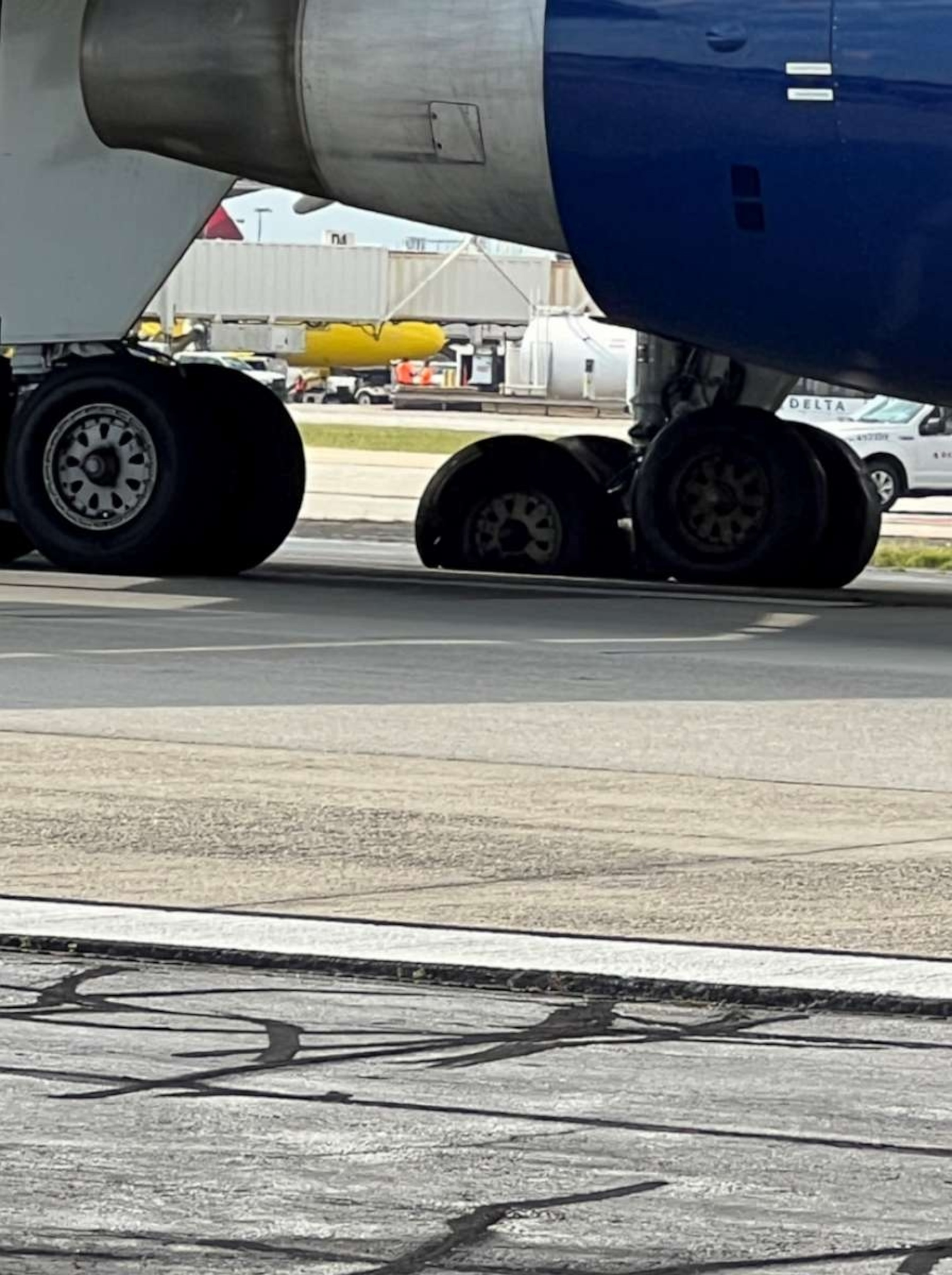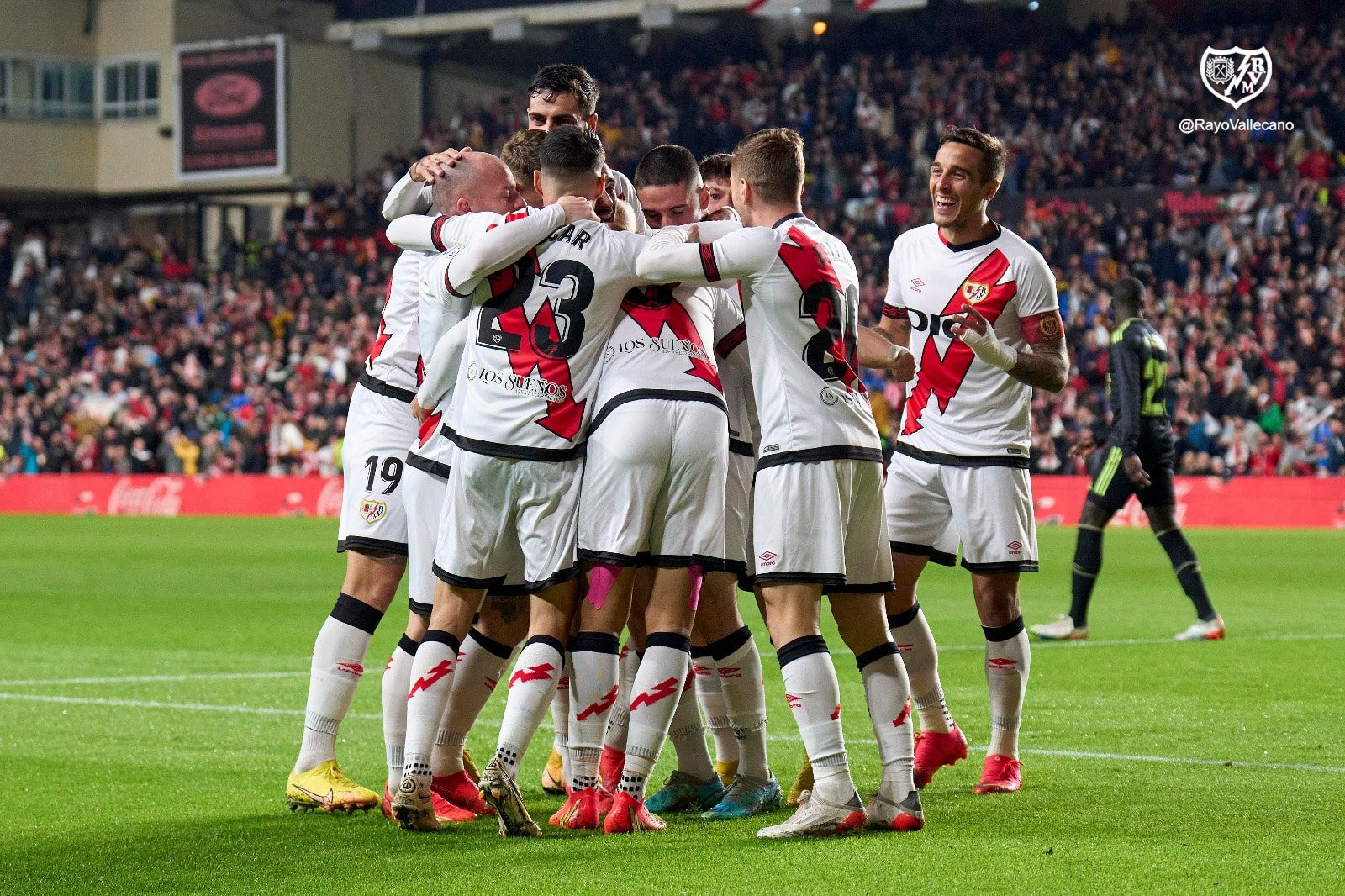Manchester City and Manchester United will renew one of the most storied rivalries in soccer when they face off in the 2024 English Football Association Community Shield final. The 194th Manchester derby will serve as the 102nd FA Community Shield and feature 2023-24 Premier League champion Man City against reigning FA Cup winner United.
The Premier League wants to bring its Summer Series pre-season tournament back to the United States next year but faces internal challenges from its clubs to deliver the tournament — including a brewing row over what it might mean for clubs’ profit and sustainability rules (PSR).
In 2023, the inaugural Premier League Summer Series in the U.S. from July 22 to July 30 saw Chelsea, Brighton, Brentford, Newcastle, Fulham and Aston Villa play games spread across Philadelphia, Atlanta, Orlando, New Jersey and Maryland. More than 260,000 supporters attended those games, all broadcasted by NBC, which has a $450million-per-season (£350m at current rates) sponsorship deal with the Premier League in the States.
This summer, 10 Premier League teams travelled to the U.S. on tour but we did not see a repeat of the Summer Series.
This was partially because NBC’s summer has been occupied by their coverage of the Olympic Games in Paris. Yet the Premier League also had major issues convincing clubs to participate in the tournament because some of the biggest clubs with larger fanbases believed they could make more money from match fees by organising tours without the Premier League.
It was also made clear to the Premier League that a collective broadcast deal to show the pre-season fixtures was not altogether desirable because clubs earn revenue for themselves by selling subscriptions to their own platforms to watch pre-season fixtures, or by negotiating a cut of the media rights to games they have organised more independently.
The Premier League has visited sites within the U.S. this summer and wants to host games at NFL venues in New Jersey, Baltimore, Chicago and Atlanta next year. The tournament would be organised by the media rights and events company Relevent Sports, founded by Miami Dolphins billionaire owner Stephen Ross. Relevent has the rights to the tournament for one more year, meaning it and NBC are keen to have it take place on U.S. soil in 2025. The first expanded FIFA Club World Cup is also due to take place in the States next summer, running from June 15 to July 13 2025, although details remain thin on the ground.
The Premier League is working on a proposal for Manchester United and Liverpool to form part of a four- or six-team tournament later in July, while Arsenal may also become part of the conversation. Sources close to the organisers, who wished not to be named due to the sensitivity of the discussions, insisted no financial proposal has yet been made.
But people familiar with discussions told The Athletic the Premier League is working on a deal that would see clubs the size of United and Liverpool receive more than $8million (£6.3m) each for three games. Money would be divided up on a sliding scale, based on a club’s share of the U.S. market, meaning teams with a smaller footprint in the U.S. would receive less money, perhaps less than $2m, for competing.
This presents challenges on multiple fronts.
First, not everyone is happy there may be such a large disparity between revenue for clubs competing in the same tournament. On the other end of the spectrum, clubs such as United and Liverpool may still believe that organising tours for themselves may yield a greater return and the clubs would likely expect higher sums for their participation. The two clubs’ “Rivals in Reds” tour of the U.S. this summer, in which they played each other and Arsenal, was promoted by the Australian events company TEG.
The Summer Series would also require approval from Premier League clubs at a shareholders’ meeting to be ratified, which may not be straightforward. The Athletic has learned that some Premier League clubs feel it is unfair that a club such as United may gain over $8million from a centrally-organised tournament and believe it puts them at a competitive disadvantage.
As such, there are clubs preparing a counter-proposal that would allow every club across the league to be given a credit of the highest fee paid to a club competing in the Summer Series, which could then be used towards a club’s accounting for their compliance with PSR. Clubs are currently only allowed to lose £105million over a three-year period, but this credit would afford them some additional leeway.
United have travelled to the U.S. for two years in a row and may feel it makes commercial sense to target a different market anyway. They say it is too early to make a call, just off the back of this year’s tour, but any decision will be based on a performance lens in line with new co-owners INEOS’ approach to operating the club.
This summer, Erik ten Hag was pleased United had one consistent training base at UCLA (University of California, Los Angeles) which minimised logistical hurdles, and the club would expect the Premier League to provide both best-in-class training options, as well as substantial commercial incentives should they pursue the Summer Series option.
Chelsea and Newcastle played in the Summer Series last time (with Chelsea lifting the trophy), so it is likely the Premier League will look at different clubs to fill the places. It ideally wants to include two sides from the traditional Big Six to drive tickets, engagement and audience. Chelsea and Manchester City are also already competing in the Club World Cup next summer, so that only leaves Arsenal and Tottenham as other alternatives.
The Premier League’s case for the Summer Series is the potential long-term gain in promoting its already hugely popular brands while exposing some clubs newer to the American market with opportunities to showcase their talents stateside, all of which has the potential to drive up the international rights value of the competition.
It also provides access to Premier League clubs to a U.S. audience at a time when rival leagues, such as Spain’s La Liga, are exploring the more radical step of taking competitive league matches to the country. The Premier League is keen to ratify and announce the tournament as soon as possible, particularly as next summer’s market in the U.S. will be saturated by the Club World Cup, the CONCACAF Gold Cup and Major League Soccer.
The Premier League, Relevent, NBC, Manchester United, Arsenal and Liverpool declined to comment.
Talk of playing a Premier League match in the United States dates back to the ill-fated “Game 39” project in 2008, but proposals have become increasingly frequent in recent years.
Mayor of London Sadiq Khan was among those to advocate for English games abroad, calling it “inevitable”, while Premier League chief executive Richard Masters has said the “door looks ajar” for a US move.
This is still overwhelmingly unpopular with domestic fans, yet as the English top flight continues its attempts at global dominance, executives appear to care about so-called legacy supporters less and less.
So, is there a way to avert the seemingly inevitable? i has an idea.
Unfortunately, given the prevalence of American investment and the size of NBC’s TV rights deal ($450m, second only to Sky’s domestic rights), this appears more and more likely with every takeover backed by a hedge fund and fronted by a US sporting icon.
As president Javier Tebas has been very open about, La Liga are likely to be first to jump ship – they already play their Super Cup in Saudi Arabia – but don’t expect the Premier League to be too far behind.
This can be sold as an issue of fan fairness, that a fan in Portland who wakes up at 5am to watch Brentford is as dedicated a supporter as one born in west London. Now, that is not an unfair contention, but it is also not why this is being proposed. Of course, that is all about money.
In 2017, Real Madrid and Barcelona met at Miami’s Hard Rock Stadium, the first non-domestic El Clasico for 35 years. The ticket revenue alone came to $36.6m. This is why clubs are open to an idea they know will alienate some lifelong supporters – they will make new ones in the process.
The biggest issue with this plan is that the FA control the Community Shield, not the Premier League. Of course, that could be changed if the right deal was cut, but let’s assume it remains in FA hands.
Now, it would collect far more money if played in the US, but that would come with significant complications.
Clubs would expect to be paid their fair share of the profit, which is against the current ethos of the game. It would also force at least two teams to pre-season in the US, something they couldn’t plan ahead for and could leave them with sub-optimal preparations. They may not know they’re in the Community Shield until May and have to leave for pre-season six weeks later.
All this combines into something overly complex, with no obvious short-term advantage for clubs and unnecessary complexity and controversy for the FA without adequate reward.
Whatever they say publicly, this push for Premier League games across the pond is coming from clubs and NBC.
They would theoretically benefit most from a US deal, but both would largely be cut out by moving the Community Shield.
There is also the argument that this would be just as likely to stave off games abroad as it is to highlight their feasibility and expedite the process of Premier League matches moving.
Taking the Community Shield abroad would be a peace offering to American fanbases and rights holders, increasingly impatient to capitalise on their relatively dormant market.
Last season, a record 2.6m fans watched Manchester City vs Arsenal on NBC, from a population of nearly 350m. Clubs realise not all of them need to be watching the Premier League – but if they can double the number of eyeballs they control in the next five years, there’s massive earning potential there.
The Community Shield would not sufficiently scratch that itch. It is not a useful solution to the problem and would likely only raise further questions and demands.




